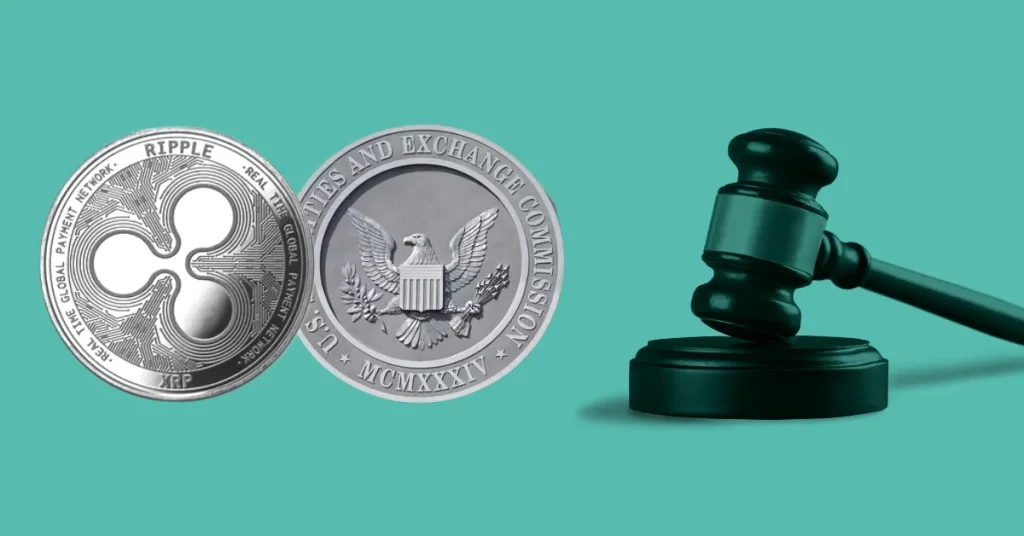
The post Ripple Vs SEC Update: Attorney Highlights Importance of Underlying Asset & Secondary Market Sales appeared first on Coinpedia Fintech News
In a lengthy Twitter thread, attorney and pro-XRP advocate John Deaton emphasized the significance of Judge Torres addressing the underlying asset and secondary market sales in her ruling. He drew parallels to the Telegram case, highlighting how Gram did not fulfill the criteria set forth in the 2019 SEC Framework for Digital Assets. According to this framework, if a digital asset can be used for immediate payments, it is unlikely to meet the requirements of the Howey test.
He believes that Judge Torres must address the underlying asset and secondary market sales in her ruling. While it is possible for her to avoid these issues and make a ruling, Deaton suggests that it would be considered a significant act of judicial activism to disregard the SEC’s theory and not address these crucial matters.
“I believe Judge Torres has to address the underlying asset and secondary market sales. Could she avoid the issues and issue a ruling? Of course, she could. But it would be a greater act of judicial activism to ignore the SEC’s theory and NOT address these issues.”
Deaton points out that a pure ICO case like Telegram, which lacked a functioning platform, differs from the circumstances in the Ripple case. He highlights that in 2014, the U.S. The Government Accountability Office (USGAO) did not refer to Gram as a “virtual currency” used in a decentralized payment system as it did with XRP.
He also mentions that Gram was not specifically mentioned as a “virtual currency” in the Financial Stability Oversight Council’s (FSOC) 2019 Report, unlike XRP. Additionally, Gram was not utilized by MoneyGram in the same manner as XRP, including the filing of documents with the SEC indicating XRP’s intended use in MoneyGram’s cross-border business.
Deaton further states that businesses like Bailard Inc. provided ethics disclosures affirming to the SEC that they would only invest in and trade the three digital assets widely accepted as non-securities: BTC, ETH, and XRP, with Gram notably absent from the list.

 2 years ago
109
2 years ago
109














 English (US) ·
English (US) ·